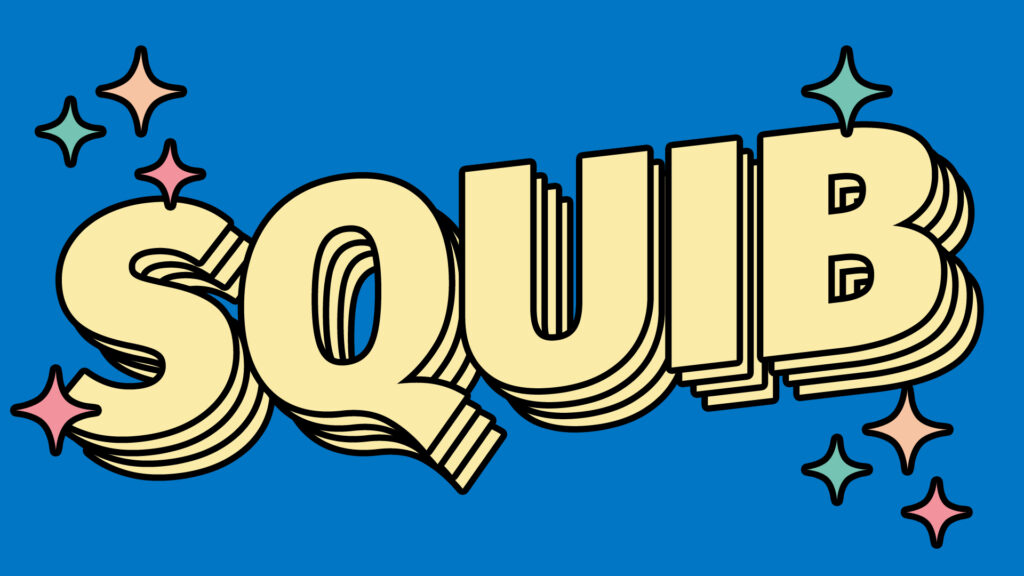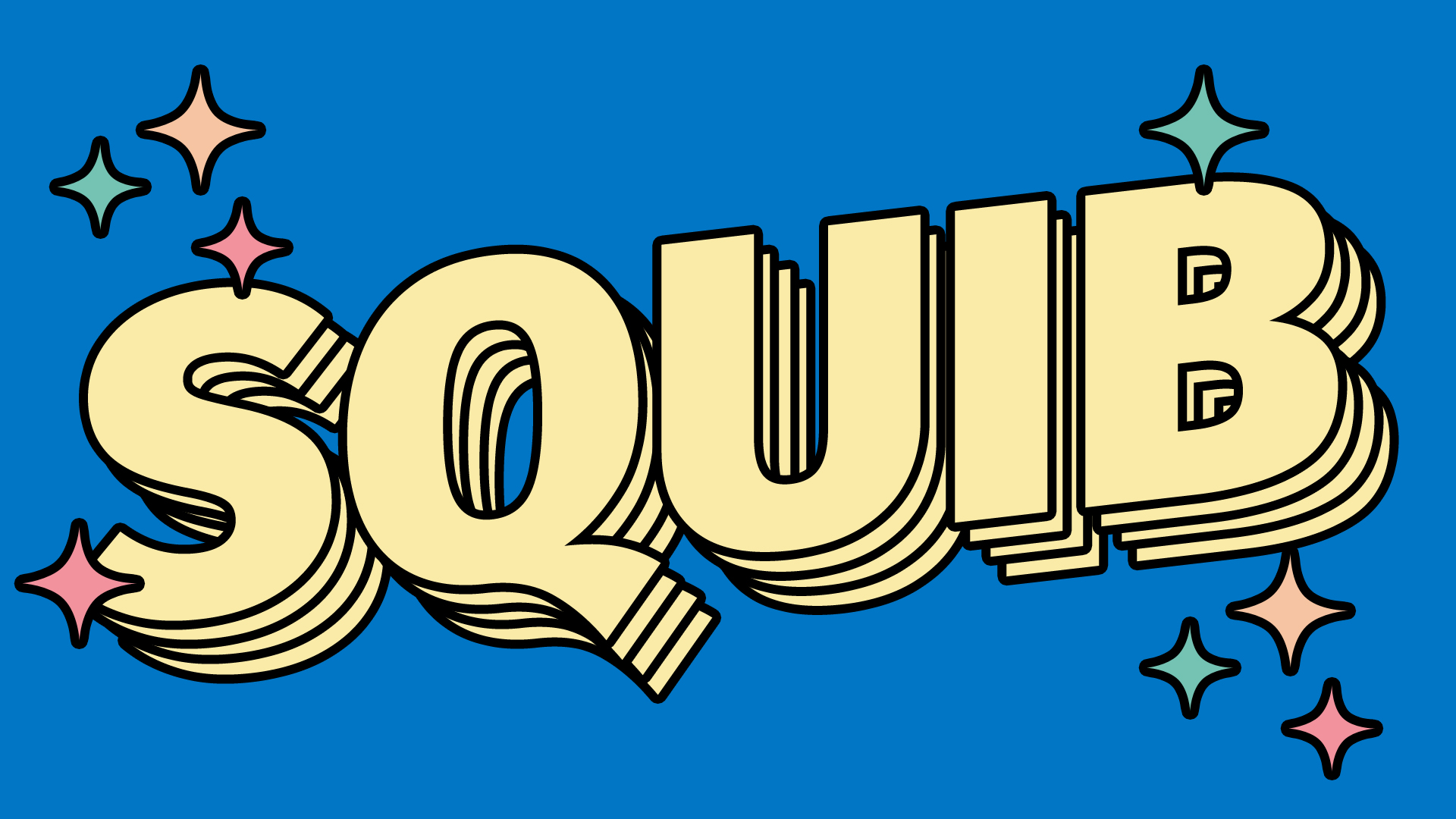Where can I submit a squib (and what is a squib)?

Recently someone asked which linguistic journals publish squibs. I really liked this question as I really like squibs so I decided to start a collection. But first: What is a squib?
A squib is a short article describing a unexpected property of language, a phenomenon that defies analysis, or some problem that cannot be solved in current frameworks. Crucially, there is no need to present an analysis or solution to the problem. The term dates back (or was at least popularized), as so many terms in linguistics, by John R. “Haj” Ross.
In the following I list (in random order) peer-reviewed journals which do publish squibs or squib-like articles and their definition of a squib. Feel free to comment if you know another journal accepting squibs.
- Linguistic Inquiry (famous for their squibs): The editors request that Squibs and Discussion manuscripts be limited to 12 pages (guidelines as above). Manuscripts accepted as Squibs will not be required to propose a solution to problems they address as long as their relevance to theoretical issues is made clear.
- Semantics and Pragmatics (journal affiliated with the Linguistic Society of America; open access): Squibs have a target length of 2–8 journal pages (including references, appendices, and footnotes), and should be no more than 10 journal pages (less than 4,000 words of main text). As in the tradition established by Linguistic Inquiry, “manuscripts accepted as Squibs will not be required to propose a solution to problems they address as long as their relevance to theoretical issues is made clear” (http://www.mitpressjournals.org/page/sub/ling).
- Glossa (open access): Squibs are short notes (5,000 words max.) that make a scintillating point by calling attention to a theoretically unexpected observation about language without the need for a developed analysis or solution.
- Syntax (called Remarks): Remarks are short articles that facilitate a fast review process. Remarks can, for example, point out theoretically challenging observations without necessarily developing a solution, provide additional support for an established point, or react critically to a specific paper or a particular line of analysis. They are restricted to 30 double-spaced manuscript pages.
- Snippets (an open access journal only devoted to squib-like articles): We will publish notes that contribute to the study of syntax and semantics in generative grammar. The notes are to be brief, self-contained and explicit.
- Natural Language & Linguistic Theory (does not accept squibs in the narrow sense, but): short articles, with a maximum length of 15 single-spaced manuscript pages.
- Journal of Linguistics: A NOTES AND DISCUSSION contribution is appropriate in particular for comments on articles published earlier in JL and for squibs.
- Sign Language & Linguistics: The submission guidlines do not explicitly mention squibs, but they do publish them.
- Canadian Journal of Linguistics: Squib manuscripts should be no more than 12 double-spaced A4 or US letter pages long. Squibs are short commentaries that bring attention to a new data set or explore a specific theoretical or methodological point.
- Linguistic Typology: Squibs (very short and often humorous pieces on a very specific topic intended to encourage debate).
- Computational Linguistics (open access): This category is reserved for very short articles that constitute more than programmatic versions of regular papers. Squibs should possess at least one of the following attributes: a) unexpectedness, as for example a demonstration that a commonly accepted idea or method is flawed; b) genuine novelty, as for example thus-far unnoticed language data that challenges current methods; and c) being targeted to a large segment of our readership. Papers about language resources may be acceptable provided the relevant resources are truly novel and of general interest.

